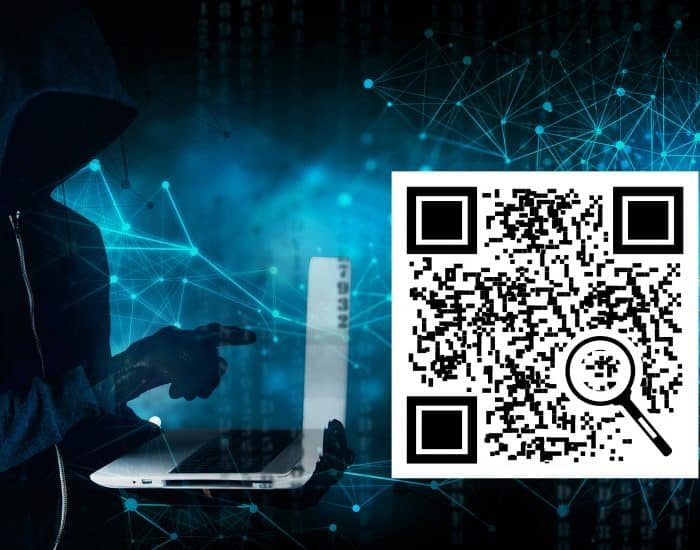Why You Should Conduct a Cybersecurity Audit
In a world where businesses and individuals alike rely on technology for virtually every facet of life, cybersecurity has become paramount. With cyber threats evolving at an alarming pace, the need to protect sensitive data and digital assets has never been more pressing. One of the most effective measures an organization can take to safeguard its digital infrastructure is to conduct regular cybersecurity audits. In this article, we delve into the reasons why a cybersecurity audit is not just a recommended practice, but an imperative for modern-day businesses and individuals.
Identifying Vulnerabilities: Every system, software, or network has vulnerabilities waiting to be exploited by malicious actors. A cybersecurity audit involves a comprehensive examination of these vulnerabilities, from outdated software to improperly configured firewalls. Identifying these weak points enables organizations to proactively address them before attackers can exploit them.
Assessing Data Protection: Data breaches have the potential to cripple a business, both financially and in terms of reputation. A cybersecurity audit assesses the effectiveness of data protection measures in place, ensuring that sensitive information is encrypted, access controls are stringent, and data handling practices adhere to regulatory requirements.
Testing Incident Response Plans: No matter how robust your defenses, breaches can still occur. An audit evaluates the organization’s incident response plans, assessing the speed and effectiveness with which the team can detect, respond to, and recover from security incidents. This process minimizes downtime and financial losses in the event of a breach.
Compliance and Regulatory Adherence: Numerous industries are subject to strict regulations governing data privacy and security. Failing to comply with these regulations can result in hefty fines and legal consequences. A cybersecurity audit ensures that your organization adheres to these regulations, safeguarding you from potential legal troubles.
Uncovering Insider Threats: Not all threats come from external sources. Insider threats, whether intentional or accidental, pose a significant risk to data security. A cybersecurity audit examines employee access levels, authentication protocols, and data usage patterns to identify any suspicious activities that might indicate insider threats.
Third-Party Risk Management: Modern organizations often rely on third-party vendors for various services. However, these relationships can expose businesses to cyber risks. A cybersecurity audit assesses the security measures of third-party vendors, ensuring that their practices align with your organization’s security standards.
Adapting to Emerging Threats: Cyber threats are in a constant state of evolution. A cybersecurity audit keeps your defenses up to date by identifying new types of threats and vulnerabilities that may have emerged since your last audit. This enables your organization to adapt its security measures to counter the latest threats effectively.
Cultivating a Security Culture: Conducting regular cybersecurity audits sends a clear message to employees and stakeholders that security is a top priority. It fosters a culture of vigilance and accountability, encouraging individuals to practice good security habits in their daily activities, both at work and in their personal lives.
In conclusion, a cybersecurity audit is not merely a task to be checked off a list; it is an ongoing process that safeguards your digital infrastructure, your sensitive data, and your reputation. In a landscape where cyber threats are ever-evolving, a proactive approach to cybersecurity is essential. By identifying vulnerabilities, assessing data protection, testing incident response plans, adhering to compliance standards, uncovering insider threats, managing third-party risks, and adapting to emerging threats, organizations can fortify their defenses and stay one step ahead of those who seek to exploit their digital assets. As an IT experts, we strongly advocate for regular cybersecurity a





